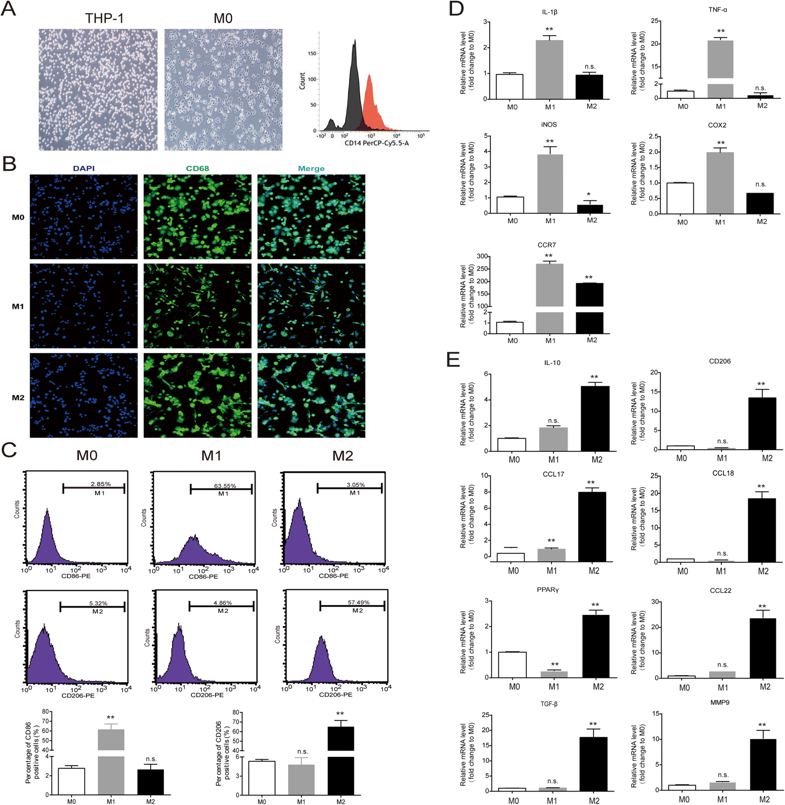Astragaloside IV inhibits lung cancer progression and metastasis by modulating macrophage polarization through AMPK signaling
Fei Xu#, Wen-Qiang Cui#, Ying Wei, Jie Cui, Jian Qiu, Ling-Li Hu, Wei-Yi Gong, Jing-Cheng Dong* and Bao-Jun Liu*
Journal of Experimental & Clinical Cancer Research. 2018, 37:207.
6.217 - 2-year Impact Factor; 5.280 - 5-year Impact Factor

Abstract
Background
Accumulating evidence suggests that M2-polarized tumor-associated macrophages (TAMs) play an important role in cancer progression and metastasis, making M2 polarization of TAMs an ever more appealing target for therapeutic intervention. Astragaloside IV (AS-IV), a saponin component isolated from Astragali radix, has been reported to inhibit the invasion and metastasis of lung cancer, but its effects on TAMs during lung cancer progression have not been investigated.
Methods
Human THP-1 monocytes were induced to differentiate into M2 macrophages through treatments with IL-4, IL-13, and phorbol myristate acetate (PMA). We used the lung cancer cell lines A549 and H1299 cultured in conditioned medium from M2 macrophages (M2-CM) to investigate the effects of AS-IV on tumor growth, invasion, migration, and angiogenesis of lung cancer cells. Macrophage subset distribution, M1 and M2 macrophage-associated markers, and mRNA expression were analyzed by flow cytometry and quantitative PCR. The activation of adenosine monophosphate-activated protein kinase (AMPK) signaling pathways that mediate M2-CM–promoted tumor migration was detected using western blotting.
Results
Here we found that AS-IV significantly inhibited IL-13 and IL-4–induced M2 polarization of macrophages, as illustrated by reduced expression of CD206 and M2-associated genes, and that AS-IV suppressed the M2-CM–induced invasion, migration, and angiogenesis of A549 and H1299 cells. In vivo experiments demonstrated that AS-IV greatly inhibited tumor growth and reduced the number of metastases of Lewis lung cancer. The percentage of M2 macrophages was decreased in tumor tissue after AS-IV treatment. Furthermore, AS-IV inhibited AMPKα activation in M2 macrophages, and silencing of AMPKα partially abrogated the inhibitory effect of AS-IV.
Conclusions
AS-IV reduced the growth, invasion, migration, and angiogenesis of lung cancer by blocking the M2 polarization of macrophages partially through the AMPK signaling pathway, which appears to play an important role in AS-IV’s ability to inhibit the metastasis of lung cancer.



